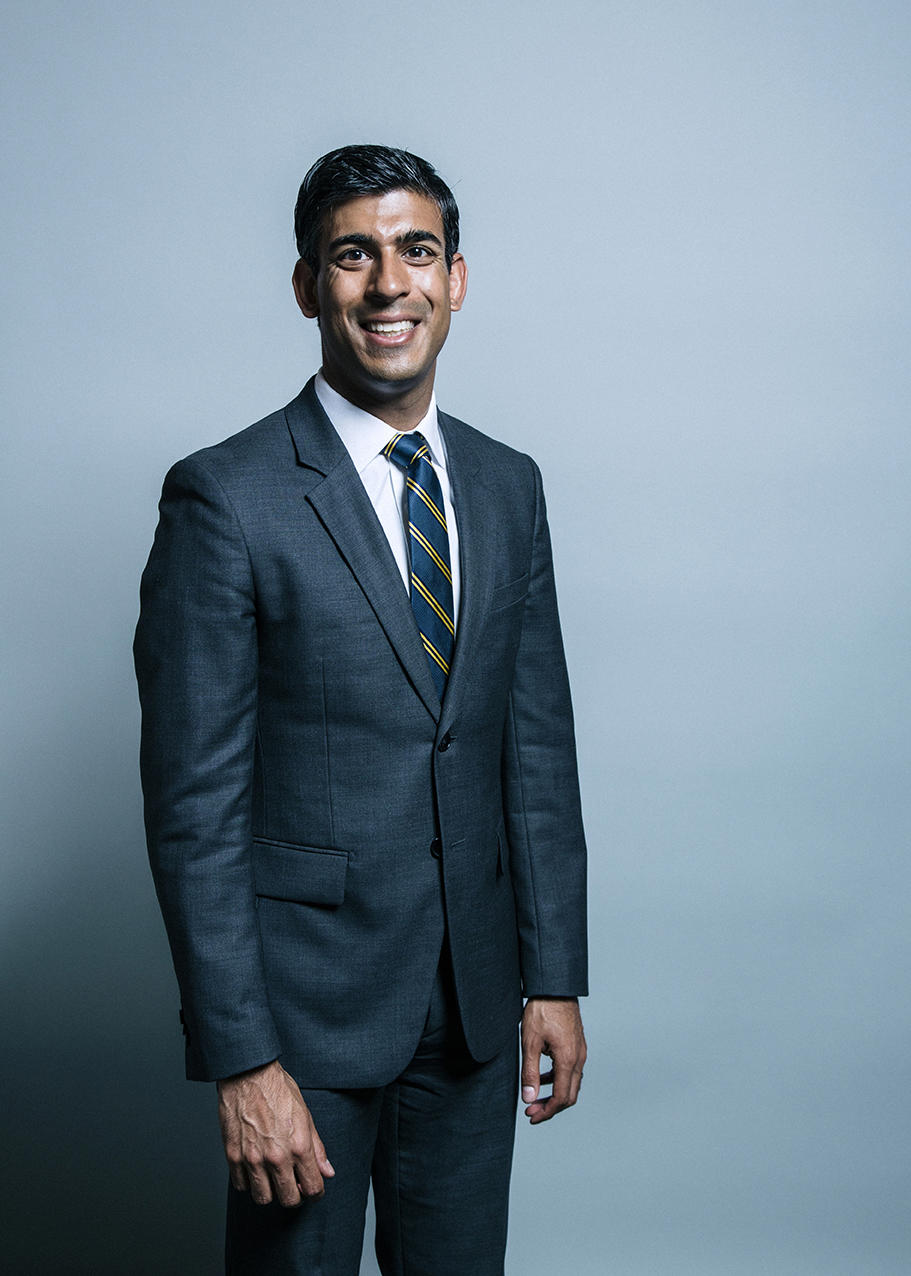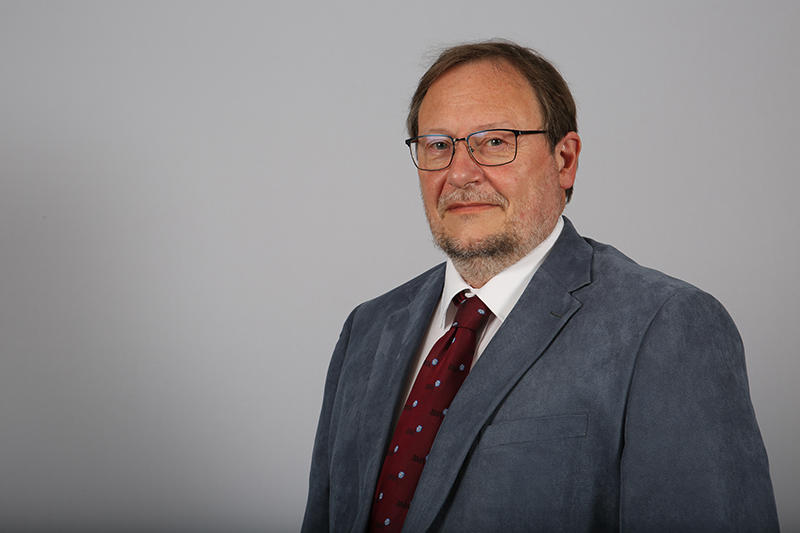 SUNAK
SUNAK
The BMA has condemned a suggestion by prime ministerial hopeful Rishi Sunak to charge patients £10 for missed GP appointments.
Council chair Philip Banfield said financially penalising patients would ‘make matters worse’ and ‘ultimately threaten the fundamental principle that the NHS delivers free care at the point of need for all’.
Mr Sunak, the former chancellor and one of two remaining candidates for the Conservative party leadership alongside Liz Truss, told The Sunday Telegraph that people missing appointments were ‘taking those slots away from people who need [them]’.
In the 12 months to June 2022, 14.3 million appointments have been missed in England. This is less than the 15 million per year recorded in January 2019, which were estimated to cost the NHS £216m.
In November 2021, GPs and their teams offered patients a record-breaking 34.6 million appointments (including COVID vaccinations) while GP numbers continued to drop.
Reality check
 BANFIELD
BANFIELD
Responding to Mr Sunak’s suggestion, Dr Banfield said: ‘It’s terribly disappointing that the candidates standing to be the next prime minister seem to have so little understanding of the reality facing our NHS, or what it will take to turnaround the impact of the Government’s repeated mistakes and the now mammoth backlog of care.
‘This latest suggestion would likely make matters worse. Charging patients for missed appointments would not only undermine the essential trust between doctor and patient, but ultimately threaten the fundamental principle that the NHS delivers free care at the point of need, for all. The BMA has always stood firmly against the idea of charging patients for missed appointments.
‘While it is frustrating when patients do not attend, the reasons why this happens should be investigated rather than simply resorting to punishing them. Financially penalising patients inevitably impacts the poorest and most vulnerable in the community. This may discourage them from rebooking, exacerbating already worsening health inequalities and costing the NHS more.
‘Instead of reheating ideas that are of no practical value, the next prime minister should be urgently seeking to restore the confidence of the profession in this Government by tackling the huge losses in pay suffered over the last decade, scrapping the unfair pensions-tax rules forcing many experienced clinicians out of the NHS, and ensuring the NHS is adequately resourced for the huge challenges it faces.’

